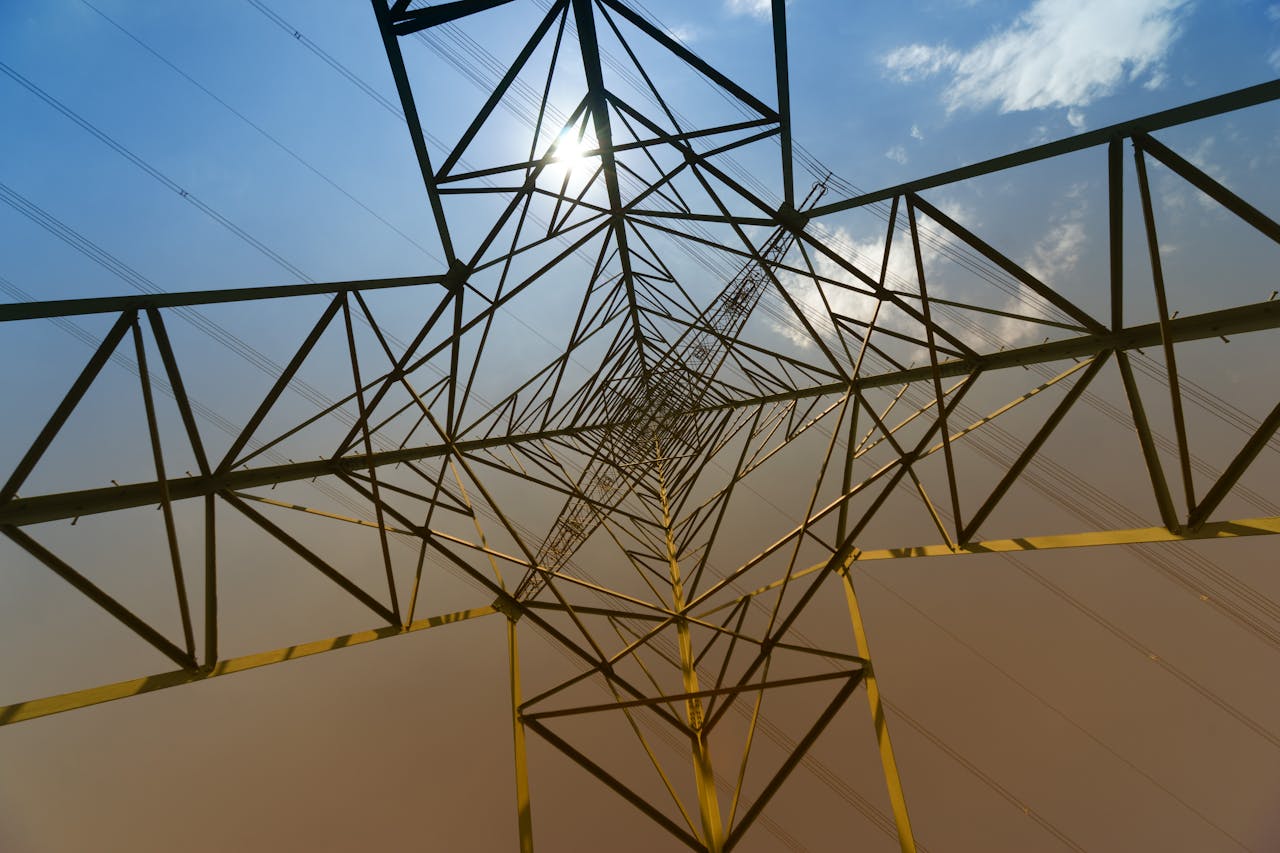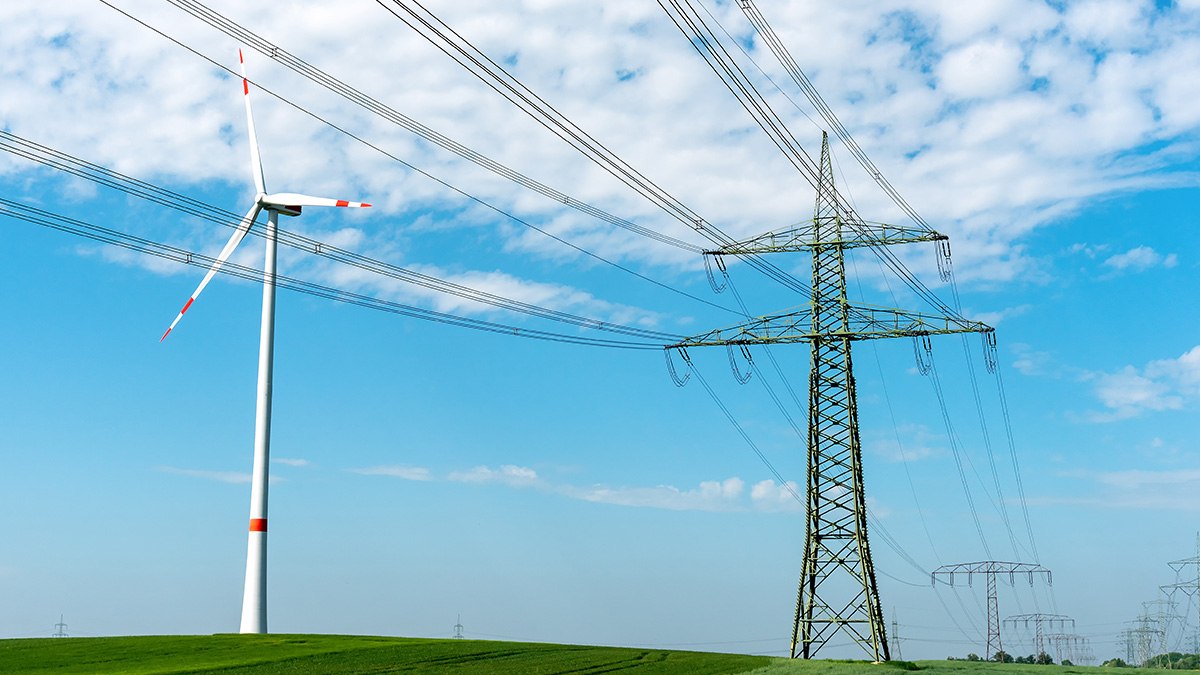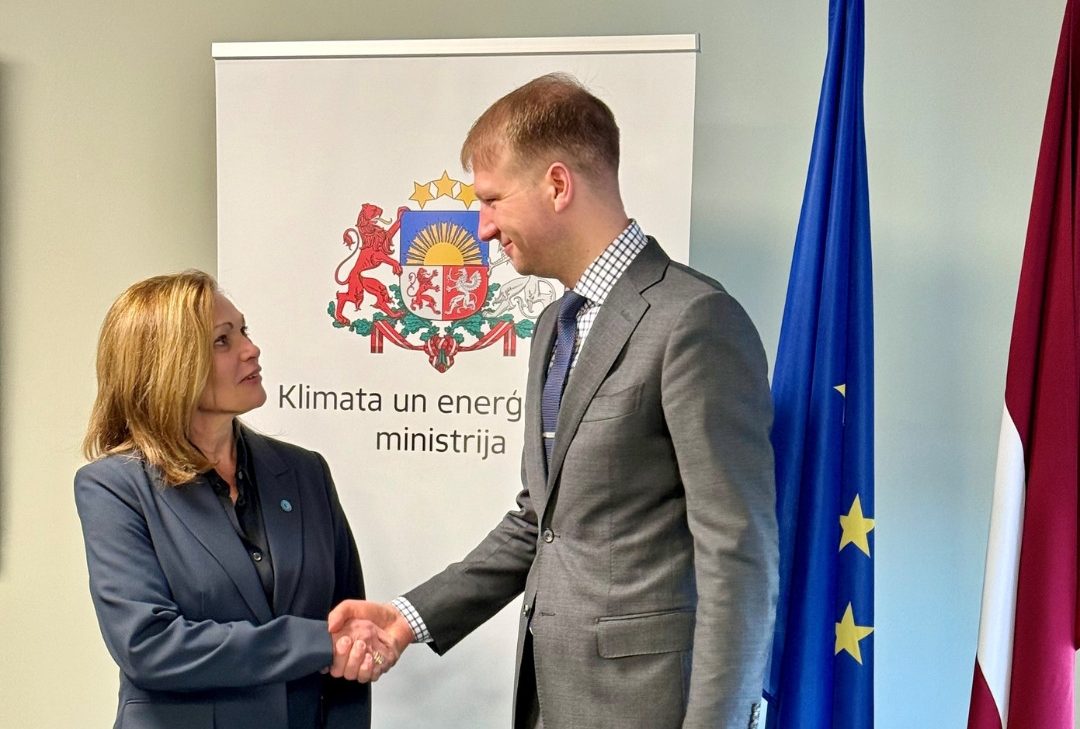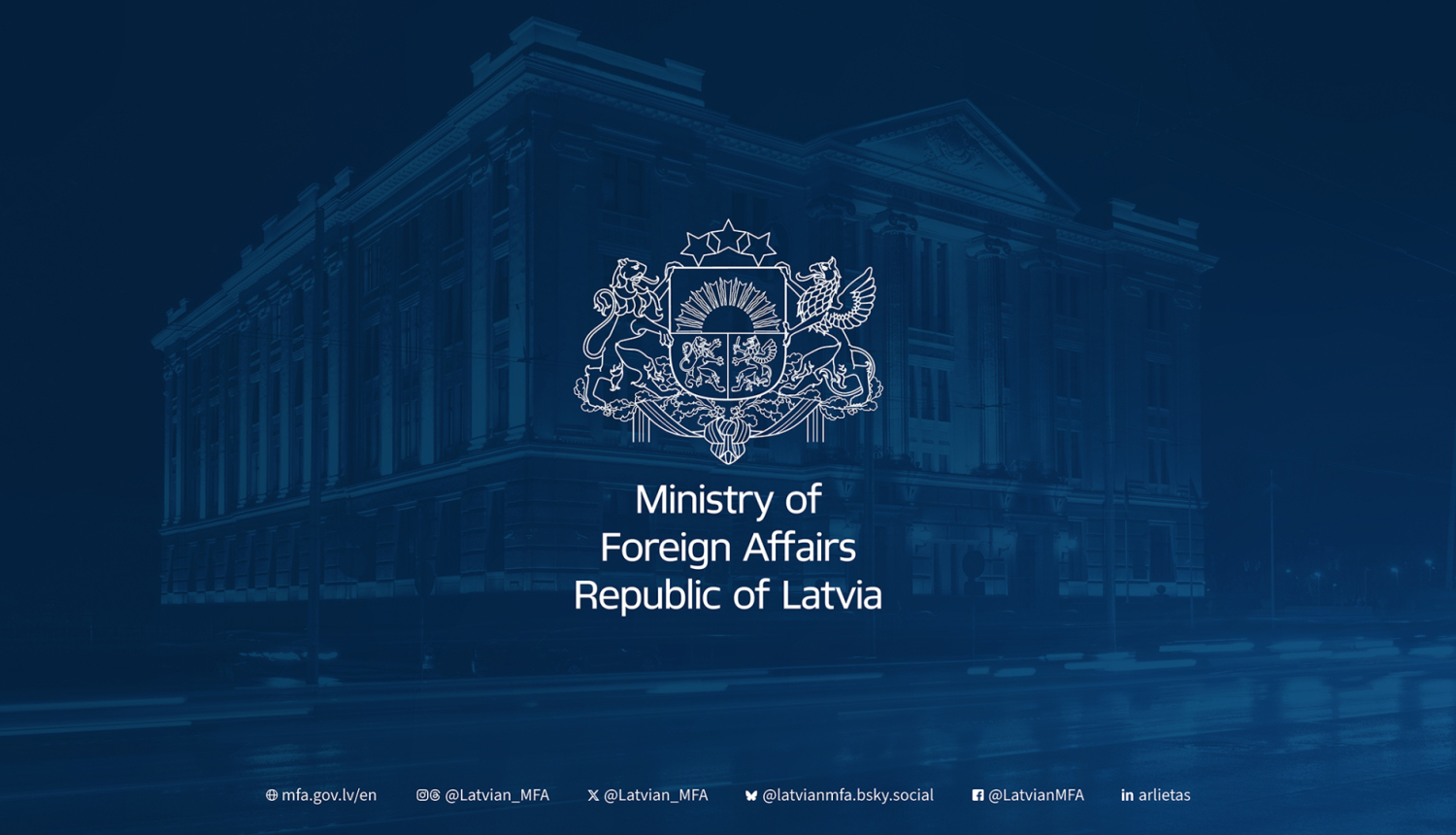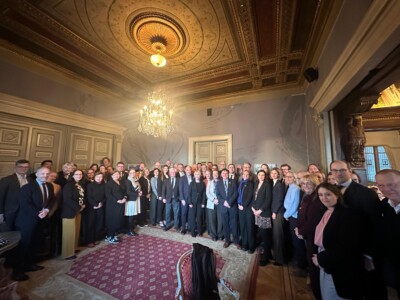In an urgent call to action, the leaders of Sweden’s solar, wind, and bioenergy sectors have jointly emphasized the critical role that renewable energy can play in meeting the nation’s future electricity needs. According to a recent statement by Daniel Badman, CEO of the Swedish Wind Energy Association; Anna Werner, CEO of the Swedish Solar Energy Association; and Anna Törner, CEO of the Swedish Bioenergy Association, these industries are capable of delivering an additional 55 TWh of stable, renewable electricity by 2035 – if the government expands its support to include all fossil-free energy sources.
The Swedish government’s current energy strategy is heavily focused on nuclear power, with plans to add approximately 50 TWh of nuclear-generated electricity between 2035 and 2045. However, this approach has drawn criticism from various industry experts and government advisory bodies. The Climate Policy Council and the Fiscal Policy Council have both expressed concerns that the government’s climate actions are too narrow and insufficiently diversified. The leaders of Sweden’s renewable energy sectors share this concern, warning that an over-reliance on a single energy source, such as nuclear, could undermine the country’s ability to meet its growing electricity demand and climate goals in the near term.
Sweden is facing an urgent need to ramp up electricity production to accommodate the rapid electrification of its transport and industrial sectors over the next 5 to 10 years. The government’s target is to increase electricity production from the current 170 TWh to at least 300 TWh by 2045. This requires an annual addition of around 6 TWh of new electricity production. Renewable energy leaders argue that focusing solely on nuclear power neglects the immediate needs of industries, which are already experiencing rising electricity demands. Failure to address this could lead to missed investment opportunities, job losses, and a failure to meet climate targets.
One of Sweden’s long-standing competitive advantages has been its low electricity prices, which have attracted significant green investments and driven a rapid energy transition. The renewable energy leaders stress that maintaining these low prices is essential for the continued competitiveness of Swedish industry. They argue that rapidly expanding low-cost electricity production through wind, solar, and bioenergy is crucial for securing jobs, industrial competitiveness, and national welfare.
Energy security has also become a more pressing issue, particularly in light of the ongoing conflict in Ukraine. The invasion has highlighted the vulnerabilities of relying on imported fossil fuels, with the Swedish Defense Research Agency (FOI) warning that centralized, import-dependent energy systems are inherently fragile. The renewable energy sector leaders advocate for a shift towards decentralized, domestic electricity production, which would reduce Sweden’s vulnerability and enhance the robustness of its energy system.
While acknowledging the importance of nuclear power for stabilizing the energy grid, the leaders argue that technological advancements have made it possible for renewable energy sources, coupled with energy storage solutions, to contribute to energy security at a lower cost. They propose that the government should broaden the scope of its state loan programs to include all fossil-free energy sources, enabling rapid scaling of renewable projects. This approach would allow Sweden to capitalize on the existing portfolios of wind, solar, and bioenergy projects, many of which are ready for quick implementation.
The leaders conclude by expressing their optimism about the government’s commitment to strengthening Sweden’s industrial competitiveness and energy system resilience. However, they caution that an overly narrow focus on nuclear power could lead to missed opportunities in the short term, where other cost-effective and sustainable alternatives are readily available. They advocate for a technology-neutral policy framework that provides equal support to all fossil-free energy sources, ensuring that Sweden can meet its climate and energy goals while maintaining its competitive edge.
By adopting a more inclusive approach, Sweden could see the rapid deployment of an additional 55 TWh of renewable electricity by 2035, securing a stable and sustainable energy future for the country.
